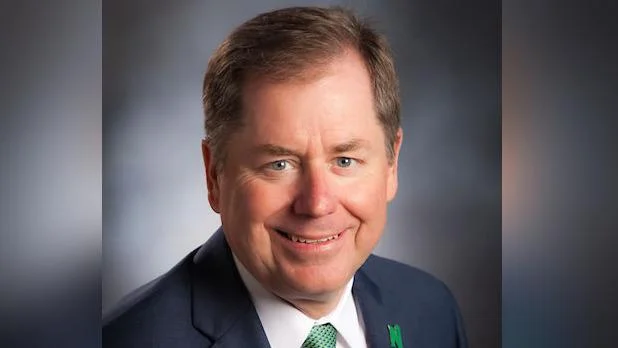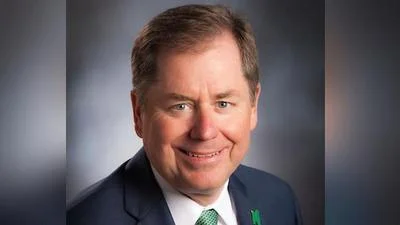Dr. Lance Tatum, President | Northwest Missouri State University
Dr. Lance Tatum, President | Northwest Missouri State University
A Northwest Missouri State University student traveled to Greece this summer to learn about Greek philosophy, governance, and arts.
Max Kneib recently participated in the Tragos Quest to Greece program, a 10-day study abroad experience with undergraduate members of Sigma Phi Epsilon throughout the United States. Kneib, a senior animal science major from Raymore, Missouri, attended the program in June as president of Northwest’s Sigma Phi Epsilon fraternity chapter. He has served as chapter president for two years and is involved in the Order of Omega honor society, Delta Tau Alpha agricultural honor society, Pre-Vet Club, and Bearcat Golf Club.
Kneib expressed gratitude for being selected for the travel experience and noted that he gained perspectives applicable at Northwest.
“This trip taught me so many lessons that I will carry with me throughout the rest of my life,” Kneib said. “By studying Greek philosophy and understanding how those lessons tie into modern day life changed my perspective a lot. It not only made me want to improve my lifestyle but also taught me many valuable skills that I can implement in leadership positions within my chapter and the Northwest community.”
The Tragos Quest to Greece program is a 10-day journey with a select group of undergraduate members of Sigma Phi Epsilon from across the country, accompanied by alumni mentors and university faculty. The experience aims to enhance participants' views on the world, their fraternity, and themselves through studying how Greek philosophy, governance, and arts influence everyday life.
The Quest scholars visited ancient historical sites such as Athens, Delphi, Nauplion, and Olympia and walked where Socrates and Aristotle once taught. Kneib was one of 17 undergraduates selected from over 13,000 members to join this travel experience.
Each participant prepares for the trip by reading books covering ancient Greek philosophy and culture. Scholars discuss the Socratic method in Agora where Socrates taught; hold athletic competitions in the original Olympic stadium; study fraternity rituals in Delphi after learning about the Mysteries of Eleusis; and engage in daily discussions based on scholarly readings and personal experiences while in Greece.
Kneib highlighted one key lesson he learned during his time there:
“‘Eudemonia,’ which roughly translates to ‘a lifetime pursuit of obtaining knowledge and betterment of self’ – the importance of living a balanced life that will help me tackle challenges life can throw at you,” Kneib said. “It also taught me to slow down and experience life rather than just sprint through it. I think these lessons have helped transform my mindset into a positive and productive one that pushes me to better myself.”
The trip is funded by a grant from the Sigma Phi Epsilon Educational Foundation made possible through contributions from alumnus William G. Tragos and his wife Lilli. Tragos is co-founder of TBWA worldwide advertising agency and a former Grand Chapter President of Sigma Phi Epsilon.
Established in 1901, Sigma Phi Epsilon provides leadership development programs for 12,000 undergraduates on nearly 200 college campuses across the United States.
“The program provides an opportunity for self-discovery,” said Sigma Phi Epsilon CEO Brian Warren. “It challenges participants to see the world through a different lens and return to their respective campuses ready to leave a lasting positive legacy.”



 Alerts Sign-up
Alerts Sign-up